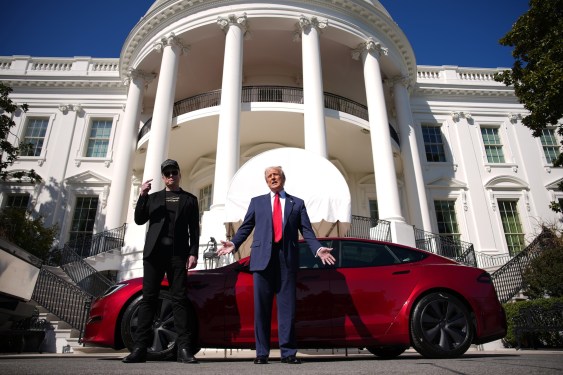AI Student Faces Visa Crisis Amid U.S. Immigration Crackdown

An AI doctoral candidate in California recently found themselves at risk of deportation after their SEVIS record—the digital certificate of their student visa—was unexpectedly terminated. Speaking under the condition of anonymity out of fear of retaliation, the student disclosed to TechCrunch that they were informed via their college’s international student office about the situation arising from a criminal records check.
The individual, who has been studying in the U.S. for almost a decade since undergraduate studies, insisted they had no criminal record. They speculated that the issue might stem from a past interaction with law enforcement years prior, well before beginning their graduate studies. “I was deeply involved in my research in AI and intended to pursue it further after graduation,” they lamented.
This case is not isolated. Recent reports indicate that over a thousand international students have faced challenges to their visa status as part of a rigorous crackdown from the State Department and Immigration and Customs Enforcement, particularly during the Trump administration’s term. Many of these students received little warning or support from their universities, complicating their ability to respond or appeal.
Yisong Yue, a machine learning professor at Caltech, expressed concerns to TechCrunch regarding the government’s stringent immigration policies on student visas, stating it is detrimental to the U.S. talent pipeline. “It’s making the U.S. a significantly less attractive destination for skilled researchers,” Yue explained. He highlighted that the disruption of a doctoral student’s research can significantly delay important projects, affecting the broader scientific community. The fears of visa revocations have left many international students anxious about their futures.
The crackdown has swept across various educational institutions, with students at Ivy League schools, major public universities, and liberal arts colleges facing suspension of their visas. The government has accused some students of supporting extremist groups or engaging in anti-Semitic activities, while others have been penalized for minor legal infractions like traffic violations.
Some students have even had their visa revocation reversed due to administrative errors, as indicated by the case of Suguru Onda, a doctoral candidate who regained their visa soon after legal intervention.
Moreover, a temporary restraining order was recently issued in Georgia for about 100 students whose legal status was revoked, mandating the government to restore their status, although this does not extend to all affected individuals.
Yue noted that international scholars have contributed significantly to advancements in AI, referencing figures such as Ashish Vaswani, co-creator of the influential transformer model, and Wojciech Zaremba, a co-founder of OpenAI. An analysis by NAFSA revealed that international students in the U.S. contributed approximately $43.8 billion to the economy and supported over 378,000 jobs in the last academic year.
Yue emphasized, “I have had numerous discussions with leading AI researchers who are becoming increasingly worried about their ability to remain in the U.S. This trend could severely impede our technological innovations moving forward.”
